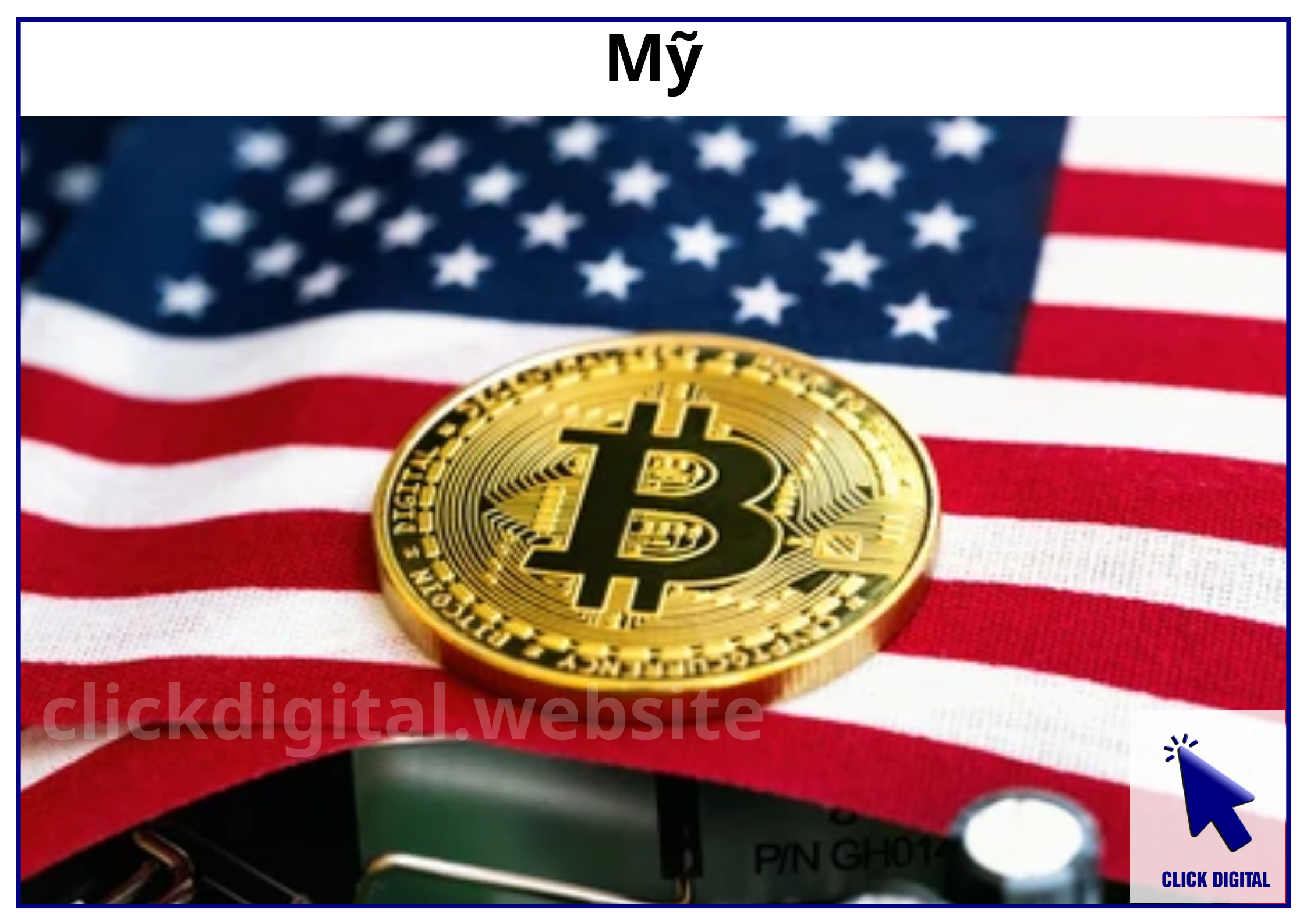Key Takeaways:
- K–12 education on blockchain, crypto and Web3 urged by Georgia lawmakers.
- The resolution includes real-world use cases for Bitcoin and NFTs.
- This early education in tech seeks to improve digital literacy and innovation.
Table of Contents
Lawmakers in Georgia Are Bringing Blockchain to the Classroom
The Georgia House of Representatives has taken an important step to modernize education by voting to urge its Department of Education to launch a public awareness campaign about blockchain, crypto, and Web3 technologies. The proposal, titled House Resolution 905, aims to incorporate this content across areas such as the K-12 curriculum and school events throughout the year.
The resolution, which doesn’t require any changes to the curriculum but does signal increasing support for teaching future generations about decentralized technologies that are already disrupting industries from finance to digital art, was led by a cohort of Democratic lawmakers, including Rep. Park Cannon, (District 58).
Real-World Changes Registered in Georgia’s Tech Push
Those in favor of the resolution argue that technology literacy is no longer optional. According to them, blockchain marks a new period in the way people share, transact and interact online. Blockchain, as the resolution text notes, offers a permanent, open ledger of transactions —an idea that may have once seemed niche, but which is revolutionizing global systems.
Cryptocurrencies such as Bitcoin are already in widespread use. Retailers such as Overstock accept Bitcoin through digital wallets, showing how crypto is already part of daily commerce. The resolution states that such currencies could tear down financial barriers and enable people in different countries to exchange their goods and services without traditional banks or intermediaries.
These developments should not be the domain of Silicon Valley insiders or only finance professionals, lawmakers believe. An exposure of this nature can motivate students to enter into emerging fields like fintech, cybersecurity, or decentralized app development. Rather, they need to be central ideas for young learners, for whom they will be the basis for work in a swiftly evolving digital economy.
Georgia Highlights NFT, Web3’s Role in Future Internet
The resolution also highlights Web3, the decentralized internet infrastructure, as the next generation of online engagement. Unlike today, where the internet is dominated by platforms, Web3 seeks to give users back control, through blockchain-based identities and apps.
The Georgia House notes that Web3 is already impacting how businesses operate and that it provides a more secure, transparent, and efficient way to store and share data. Uniswap is one such example of a decentralized crypto exchange that leverages smart contracts for full functionality without centralized oversight.
Even the art world hasn’t been left untouched. The emergence of non-fungible tokens (NFTs) — the unique digital assets stored in blockchains — has fundamentally changed how creators transact with (and monetize) their work. It references the rise of digitized art marketplaces, like OpenSea, where artists can receive a royalty payment every time their work changes hands.
Why Start So Young — Blockchain for Kids?
What is perhaps most striking about the resolution is its call to expose K-12 students to these technologies. It notes that children in tech shouldn’t merely be consumers but active players and innovators. This early education could also prime them to utilize the technology more effectively in their adult life. Some schools might explore hands-on learning through classroom simulations or blockchain-based projects.
Teachers in other states are closely watching. Though Georgia’s resolution is non-binding, its potential impact is big. States like Florida and Texas have tried similar endeavors; some high schools are piloting crypto and coding clubs. New York and California are also experimenting with a different type of ID — the blockchain-based student ID, which enhances data privacy.
Doubters of early blockchain education fear it could glamorize speculative investment or take away from core subjects. But Georgia’s lawmakers say they’re not out to teach kids the finer points of crypto investing — that they simply want to teach them the technology behind it and how it works in real life.
Georgia’s Legislative Signals Might Set Off Nationwide Movement
The Georgia House’s move mirrors a broader national shift. Across the United States, policymakers are struggling with how to prepare the next generation for the Web3 future. HR 905 establishes Georgia as a leader in blockchain education, and places the importance of digital innovation on par with math and science.
Rep. Cannon and her colleagues view this as an investment in future opportunity. And by introducing these topics to young learners, it’s Georgia’s goal to close the digital divide, create economic mobility, and empower those students to build rather than just use the digital world.
Some advocates for technology say the decision has been long overdue. Blockchain already underpins multibillion-dollar industries. Although it is not a formal school subject, they argue that an inability to teach it is akin to ignoring the basics of the internet in the 1990s.

